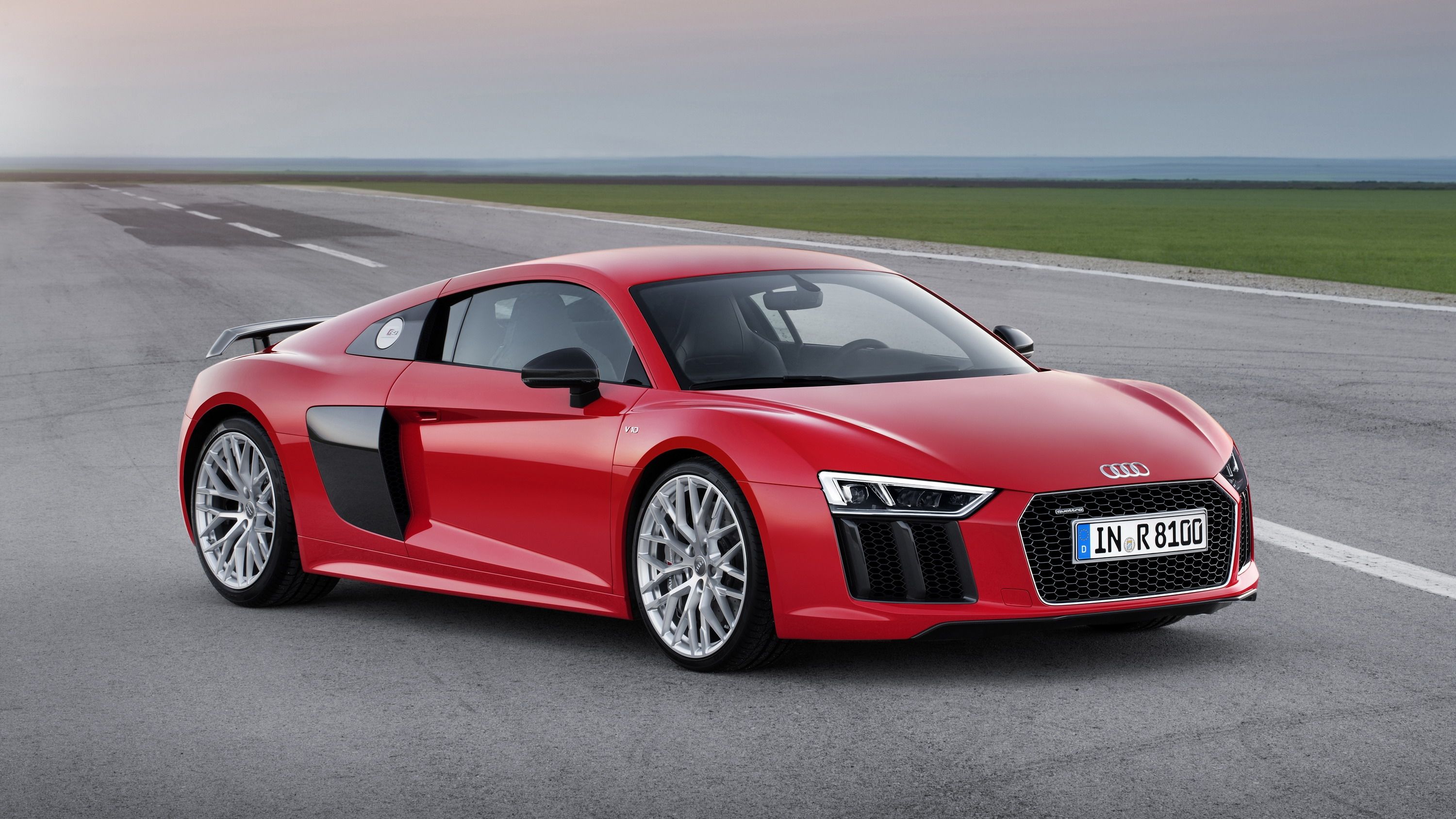Apparently those in control of Audi->ke14 can’t make up their minds about what they want to do with the 2016 Audi R8. Last month we brought you the news that the R8 would get a turbocharged engine. Two weeks later, I reported that the R8 would remain the only model with a naturally aspirated engine, aside from the 2014 Audi RS5. Our sources now indicate that Audi has changed its mind again, and will drop the naturally aspirated, 4.2-liter, V-8 that powered the entry-level 2014-2015 Audi R8.
Audi has yet to confirm what engine will replace the 4.2-liter, but rumor has it will be the twin-turbo, 2.9-liter V-6. It may be a smaller engine, but it should put out upward of 450 horsepower – an increase over the 414 horsepower put out by the 4.2-liter. It looks like China,->ke2090 and its high taxes on any vehicle with a large engine is the primary reason for the changeup.
In China, consumers were buying up imports with larger engines like they were going out of style. Most Chinese-built vehicles have smaller, turbocharged engines, so China had to take action to increase interest in cars made within its market. The answer was to impose additional taxes on any vehicle with an engine over 3.0-liters in size – a move that would significantly impact the sales of the entry-level R8->ke1440 had Audi continued with the 4.2-liter. For now, Audi will continue to power the premium version of the R8 with the naturally-aspirated V-10.
Continue reading for the full story.
Why it matters
From a sales and profitability standpoint, Audi’s decision to go turbo with the entry-level R8 makes complete sense. I’m saddened by the fact that the R8 has to go turbo, though. Unless Audi uses the electric turbo that has worked wonders at eliminating turbo lag on the experimental 2014 Audi RS5 TDI concept, performance – at least on initial takeoff – will suffer. In my opinion, being naturally aspirated was a significant contribution to what made the R8 so great. It is a shame that you’ll have to shell out nearly $40,000 more to enjoy the raw power and smooth acceleration generated by a naturally aspirated supercar. Thanks a lot, China. Maybe I’m a little butt-hurt here, but when you go from a big, naturally aspirated engine to a small, turbocharged engine, you kill the emotion that overruns you every time you step on the gas.
2016 Audi R8
Read our full review here.

